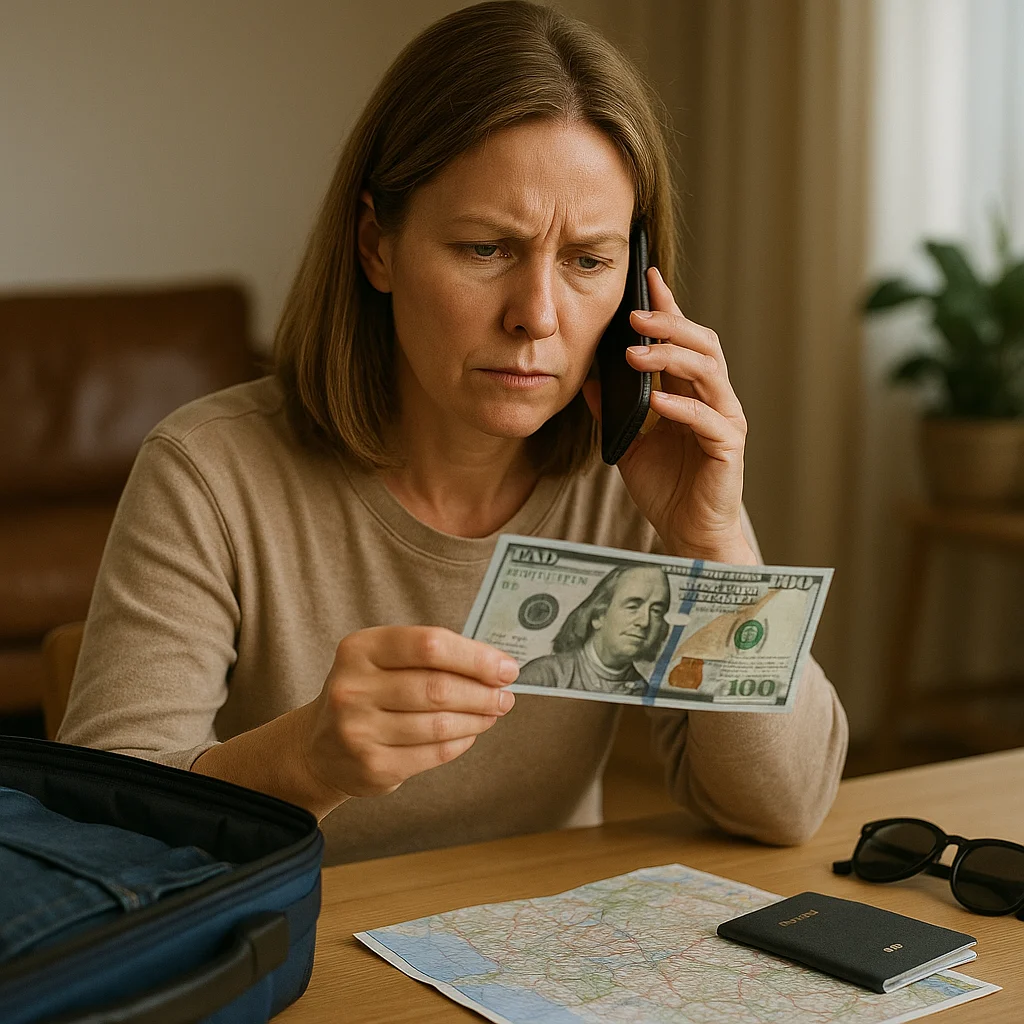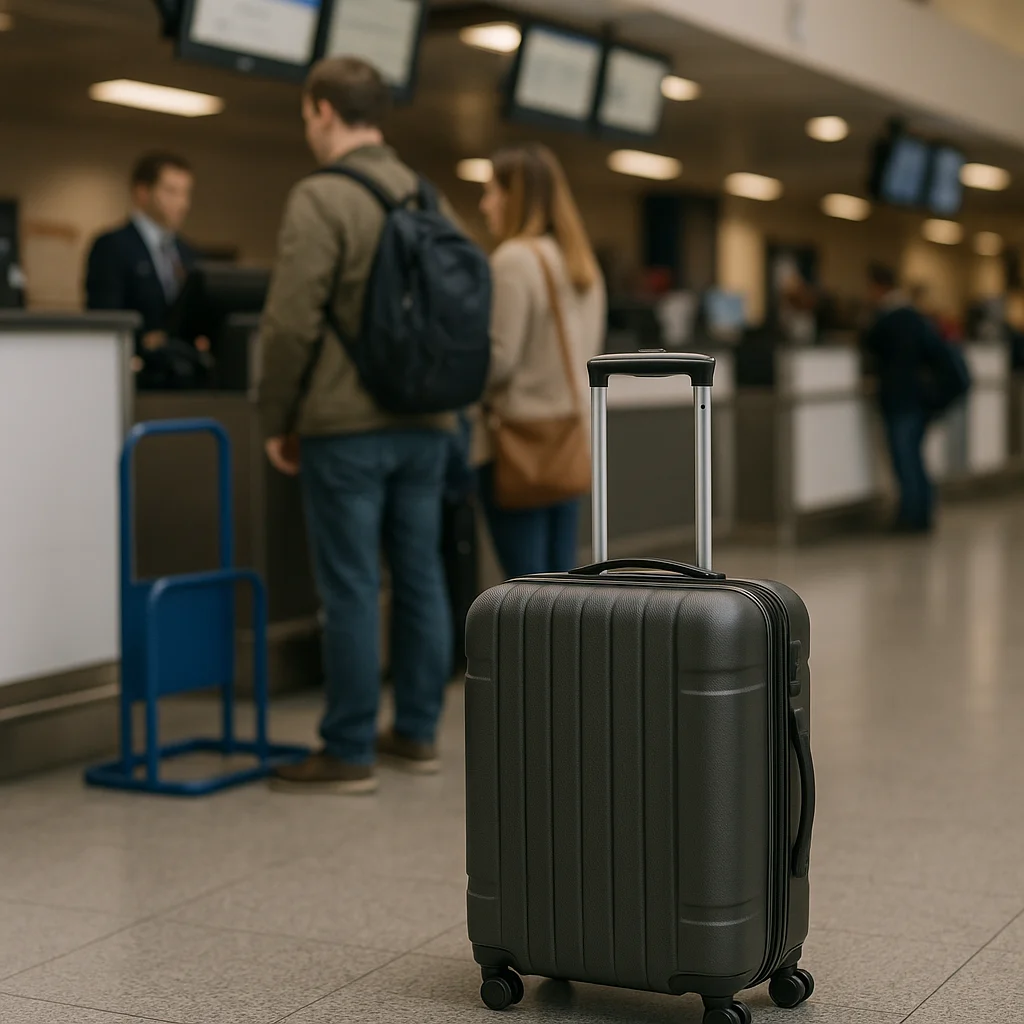Master the Art of Research Before You Travel
Travel hacking starts long before you pack your bags. One of the most important travel hacks to avoid scams is comprehensive research on your destination and service providers.
Check Official and Trusted Sources
Always rely on government travel advisories and official tourism websites to get the latest updates on safety, currency exchange rates, and local customs. These sites often highlight common scams or frauds currently affecting travelers.
– U.S. Department of State Travel Advisories
– Official tourism boards of your destination
– Trusted travel forums such as TripAdvisor or Lonely Planet
Read Recent Reviews and Watch Out for Red Flags
Before booking hotels, tours, or rideshares, read multiple recent reviews. Look for patterns where travelers mention unexpected fees, fake service providers, or poor customer service. Scam services often have incomplete profiles, inconsistent reviews, or suspiciously high ratings.
– Use Google Maps and Yelp for extensive feedback
– Search social media channels for traveler experiences
– Avoid deals that appear too good to be true
Protect Your Payments and Personal Information
Avoid becoming a victim of financial fraud by using secure payment methods and protecting your personal data.
Use Credit Cards with Fraud Protection
Whenever possible, pay with credit cards instead of cash or debit cards. Credit cards offer better fraud protection and the ability to dispute unauthorized charges. Notify your bank of your travel plans to reduce the risk of being flagged for suspicious activity.
Leverage Mobile Payment Options and Virtual Cards
Many banks now offer virtual credit cards and contactless payments via smartphones, adding an extra layer of security when booking accommodations or transportation online.
– Apple Pay, Google Pay, or Samsung Pay for contactless payments
– Virtual card numbers for online transactions prevent your real details from being exposed
Use Technology to Outsmart Scams
Integrating smart tools and apps can safeguard your travels and give you quick access to accurate information.
Install Travel Safety Apps
Apps designed for traveler safety can alert you to risky areas, provide emergency contact details, and track your location for trusted contacts.
– Smart Traveler (by the U.S. State Department)
– TripWhistle Global SOS for local emergency numbers
– Sitata for real-time travel alerts and health warnings
Verify Transportation Options Online
Fake taxi scams and unauthorized ride-hailing services remain widespread. Use official apps to book rides and confirm driver identities. Before getting in, verify the license plate and driver photo match.
– Uber, Lyft, or local authorized ride apps
– Use Google Maps or offline maps to confirm route accuracy
Be Cautious with Currency Exchange and Money Handling
Currency scams are subtle yet common issues that can quickly deplete your travel budget.
Exchange Currency at Authorized Locations
Avoid street exchangers or unlicensed vendors as they often offer poor rates and counterfeit money. Banks, official exchange booths, and airport currency counters are safer, albeit sometimes more expensive, options.
Use ATMs Wisely
Withdraw cash from ATMs located inside banks or reputable hotels to minimize the risk of card skimming devices. Set daily withdrawal limits and avoid sharing your PIN with anyone.
Trust Your Instincts and Stay Alert
No travel hacks are more effective than your own vigilance and situational awareness.
Recognize Common Scam Tactics
– Overfriendly strangers offering unsolicited help or tours
– Pressure to make quick decisions or payments
– Requests to follow secluded paths or locations
Keep Copies of Important Documents
Always have digital and physical copies of your passport, travel insurance, and emergency contacts with you. If your documents are lost or stolen, this can save you time and stress.
– Use secure cloud storage or encrypted apps
– Carry photocopies separate from originals
Summary of Essential Travel Hacks to Avoid Getting Scammed
Smart travel in 2025 requires preparation, tech savvy, and awareness. By researching thoroughly, protecting your financial information, using technology wisely, handling money cautiously, and trusting your instincts, you can safeguard your trip and enjoy a worry-free adventure.
Ready to level up your travel game? Implement these travel hacks and stay one step ahead of scammers. For personalized travel advice and the latest updates, visit khmuhtadin.com and take control of your travel experience today.




